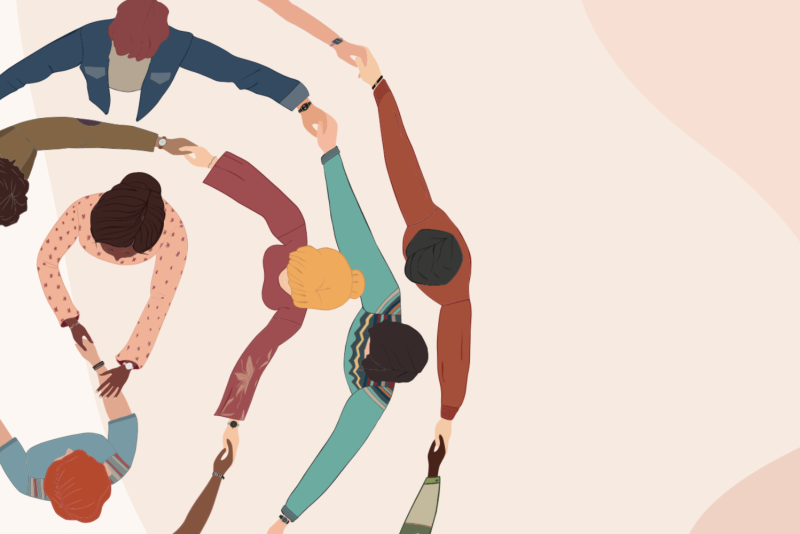On Being Lost
Recently I got lost in the woods behind my house.
I have wandered these woods in every season for many years. (Well, truthfully, I avoid black fly season). There are trees and rocks that I greet as friends. I know where the porcupine den is at the base of the leaning tree, and I have taken over a long-abandoned deer stand—a simple board nailed between two branches—as my sitting spot 12 feet above the ground. But I got lost—completely turned around! I had set out without food or water, and the day was turning to dusk. Finally I heard a car in the distance and walked toward the sound, hoping that I might get my bearings. As I approached the road I was shocked to discover that I was only 500 yards from my house.
How did it happen? I had positioned myself by a particular landmark, certain I knew where I was. All subsequent steps I took originated from that place. Rather than experiencing what was present moment-to-moment, I found my whole field of sensing had narrowed, and I missed important indicators.
This reminds me of what happens when we believe we know where we are on the spiritual path. We situate ourselves by a particular stage we’ve achieved or by an insight we’ve acquired, and then we proceed based on that assumption. In doing so, we narrow our field of perception, reducing pure spaciousness to a single location.
When we think we know where we are, we are no longer available to not-knowing. Rather than simply being, in open listening, where all information is available, our focus becomes unidirectional, aimed at getting “there”. We reduce mystery to a place and miss the obvious fact that we are already home.
This is one of the reasons I love the practice of iRest Yoga Nidra, particularly in its dyad form. The simplicity of the question “What is present now?” orients us to here and to now, rather than some imagined place. We explore not-knowing by meeting each moment without a clue, welcoming confusion, and allowing what is here to reveal itself.







Join the conversation
We would love to hear what you have to say. Log in or Register to post comments.